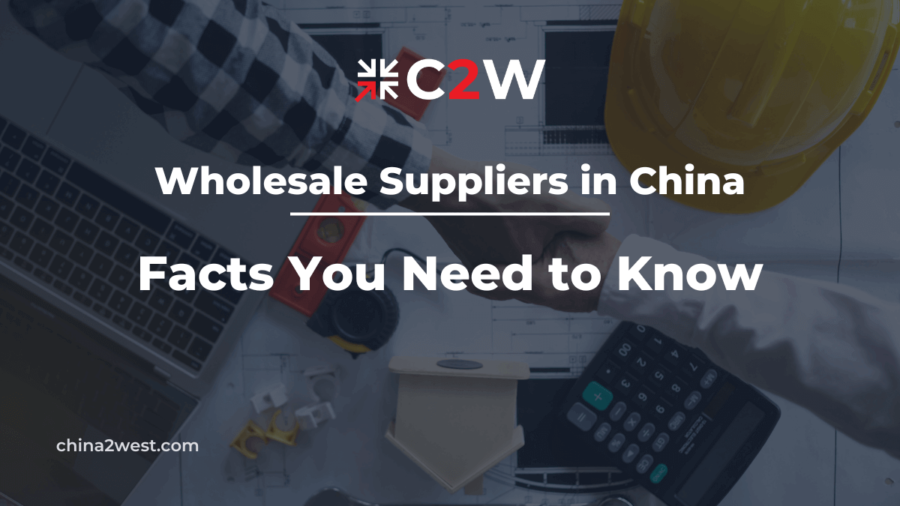Navigating the world of wholesale suppliers in China can be a game-changer for your business. With its expansive manufacturing capabilities and diverse product offerings, China remains a top choice for businesses seeking cost-effective solutions. However, to maximize the benefits, it’s crucial to understand certain key aspects. Here’s what you need to know:
1. Understanding the Market Landscape
China’s wholesale market is vast and varied, encompassing everything from electronics and textiles to outdoor cooking equipment. The sheer volume of suppliers can be overwhelming, making it essential to define your product needs and research accordingly. Start by identifying the specific products you need and understand the different types of suppliers available, such as manufacturers, trading companies, and wholesalers.
2. Evaluating Supplier Credentials
Not all suppliers are created equal. When assessing potential partners, it’s vital to verify their credentials. Look for certifications that confirm compliance with international standards, such as ISO or CE certifications. Additionally, check their business license and other regulatory documents to ensure legitimacy. Tools like Alibaba’s Supplier Verification and third-party audit reports can provide valuable insights into a supplier’s reliability and reputation.
3. Quality Control and Assurance
Quality control is a critical factor when dealing with Chinese suppliers. The quality of products can vary widely, so it’s important to establish clear quality standards and communicate them effectively. Request samples before placing a large order to assess the product quality firsthand. Furthermore, consider visiting the supplier’s facility if possible, or hiring a third-party inspection service to conduct quality checks during production.
4. Negotiating Terms and Contracts
Effective negotiation can significantly impact your business’s profitability. Understand the standard practices for negotiating with Chinese suppliers, including payment terms, minimum order quantities, and shipping arrangements. Clear, detailed contracts are essential to avoid misunderstandings. Ensure that all terms, including product specifications, delivery schedules, and penalties for non-compliance, are explicitly stated.
5. Navigating Legal and Logistical Challenges
Importing goods from China involves navigating various legal and logistical considerations. Familiarize yourself with import regulations, tariffs, and customs procedures in your country. Additionally, understand the logistics involved in shipping, including freight options, lead times, and potential delays. Working with a reliable freight forwarder and customs broker can help streamline the process and reduce potential risks.
Conclusion
Partnering with wholesale suppliers in China can offer significant advantages, from cost savings to a broad range of products. However, thorough research, careful evaluation, and clear communication are essential to ensure a successful and smooth procurement process. By understanding the market landscape, verifying supplier credentials, and addressing quality control, negotiation, and logistical challenges, you can make informed decisions and build strong, reliable partnerships. If you have any questions or need assistance in finding the right wholesale supplier for your business, feel free to reach out. We’re here to help you navigate the complexities and find solutions tailored to your needs.

